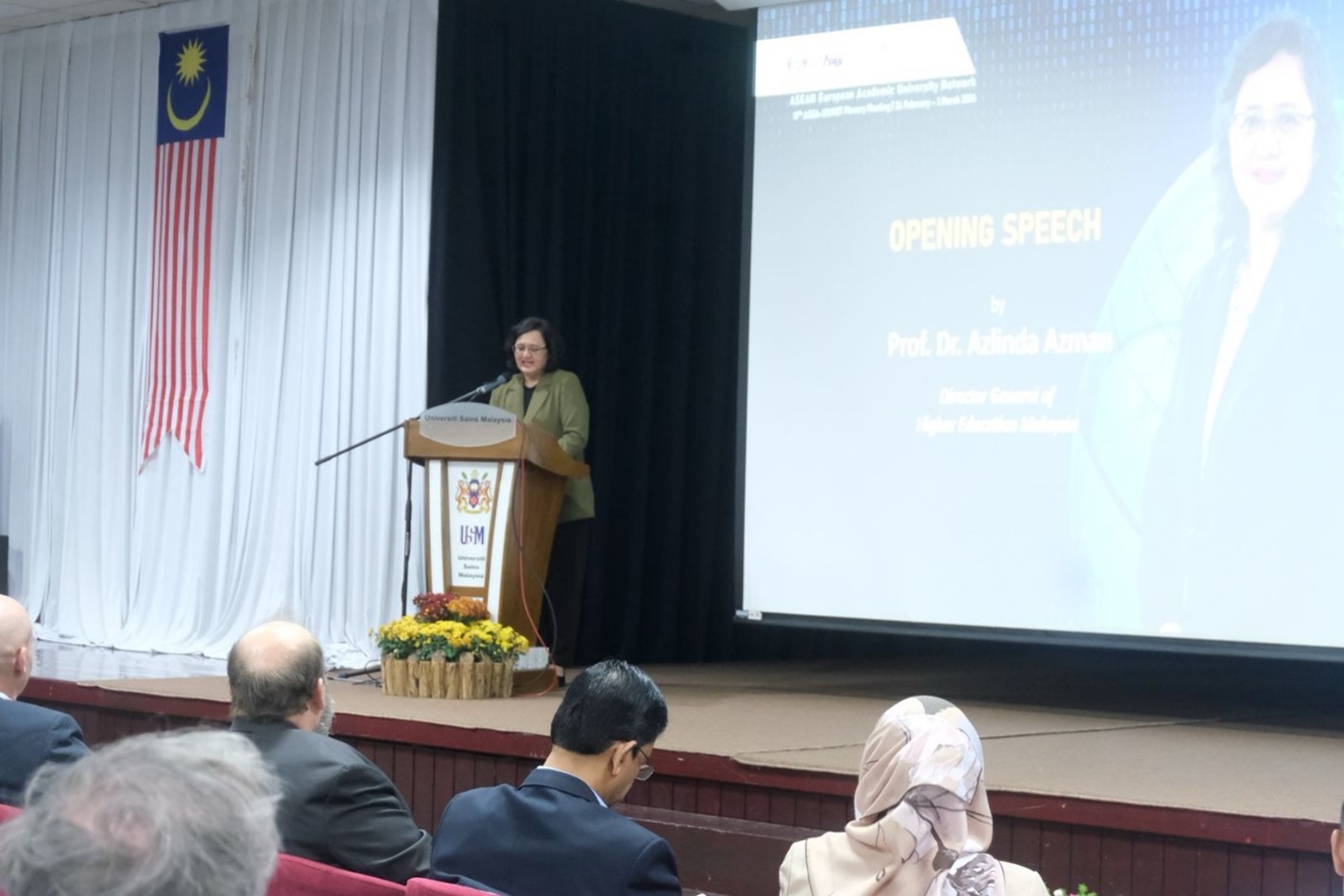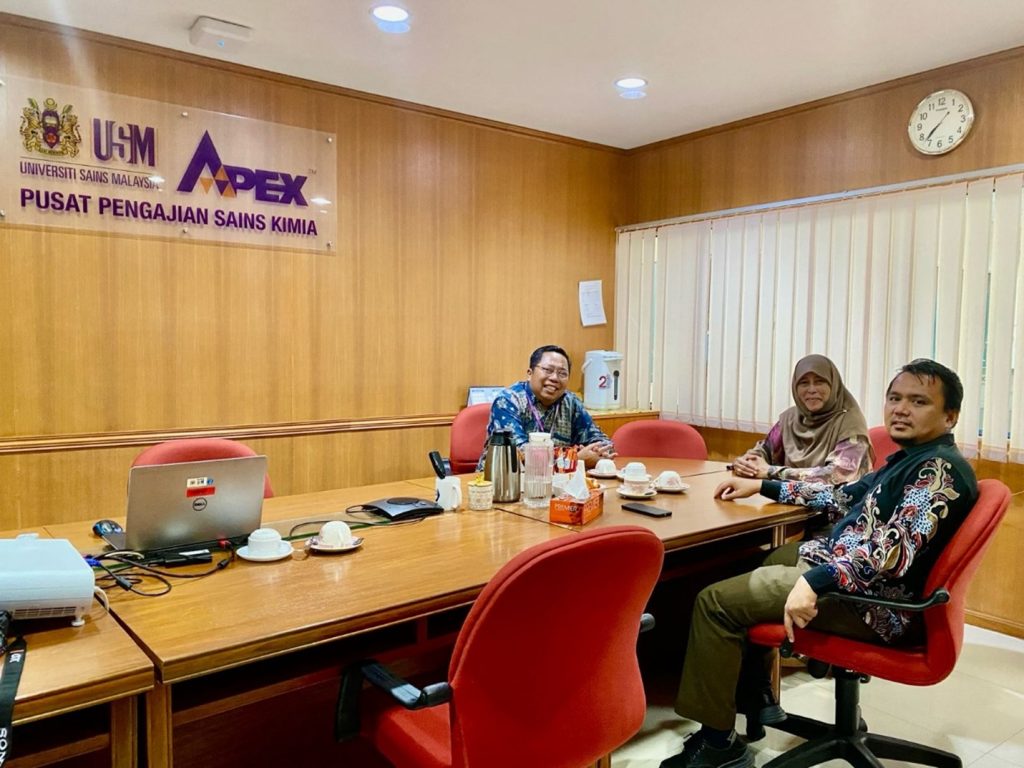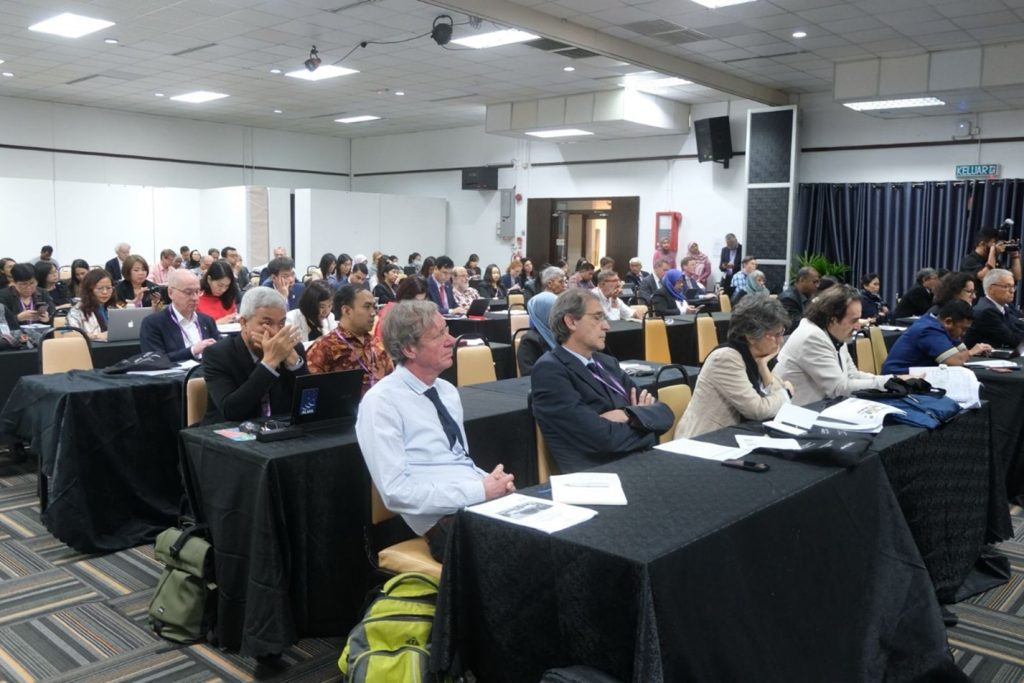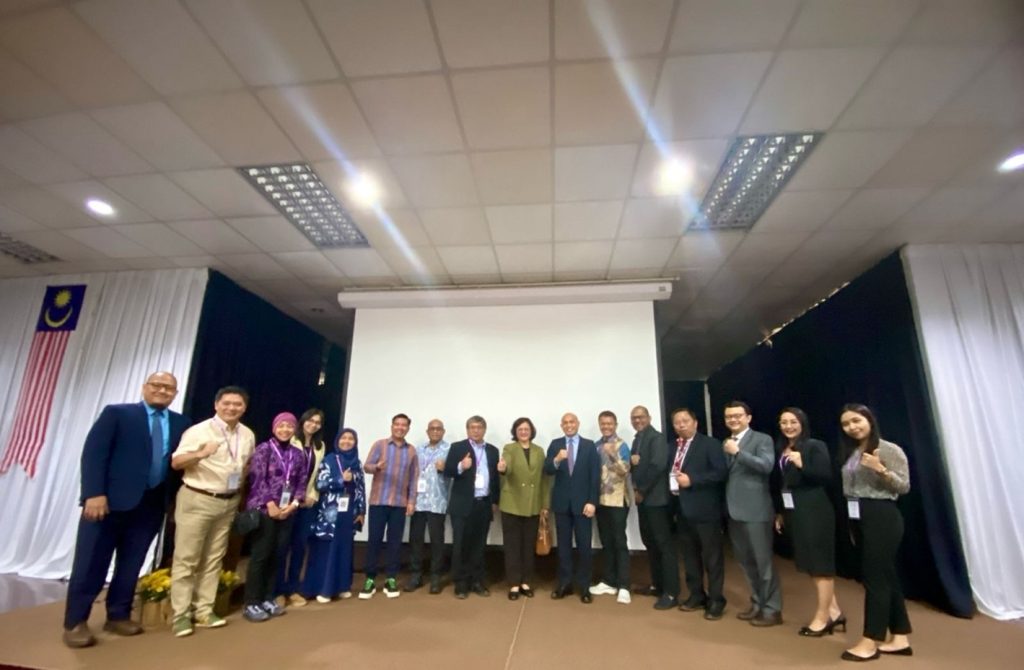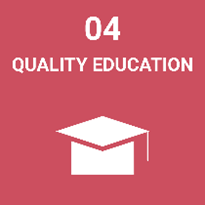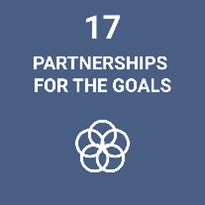The opening of the ASEA-Uninet Plenary meeting by Prof. Dr. Azlinda Azman, Director-General of Higher Education Malaysia (Photo: Harno)
The Asea-Uninet 19th Plenary Meeting, an assembly of the ASEAN-European Academic University Network, brought together academic strength through the promotion of scientific, cultural, and humanitarian relations, as well as personal contacts, scientific findings, and collaboration from February 26 to March 1, 2024, in Penang, Malaysia. Universiti Sains Malaysia (USM) in Penang hosted the event, attended by members from universities in Europe, including Austria, Italy, Germany, Indonesia, Malaysia, Pakistan, the Philippines, Thailand, and Vietnam. ASEA-UNINET research projects span various disciplines, ranging from Sciences, Technology, Economics, Social Sciences, and Humanities to Medicine and Pharmacy. All research projects are based on voluntary participation from researchers, emphasizing the strengthening of individual and scientific capacities.
A visit to the Centre for Chemical Sciences and discussions with Dr. Rizal and Dr. Melati took place during this event (Photo: Harno)
Prof. Dr. Harno Dwi Pranowo, M.S., representing Universitas Gadjah Mada, engaged in meetings and discussions with partners from Europe and ASEAN to plan cooperation for the next 18 months. Several discussions with partners have focused on strengthening joint research in the field of humanities related to museums and art conservation, science, and technology related to artificial intelligence, the design of drug compounds using computational chemistry approaches, and the implementation of student and researcher exchanges between member countries.
Participants in the ASEA-UNINET Plenary meeting (Photo: Harno)
Topics discussed during this event include Alumni Engagement in ASEA-UNINET AND DIGITAL HUMANISM as a driver to address the urgent need for a holistic socio-technical approach to recent developments in computer science and artificial intelligence. Other topics include Funding Opportunities from ASEA-UNINET for Research, Strategies for Expanding the number of European Universities in ASEA-UNINET, and the diversification and Impact of European and National Funding Schemes for academic cooperation between Southeast Asia and Europe. ASEA-UNINET regularly awards the Bernd Rode Award to researchers who have contributed to scholarly development, and this is a result of collaboration with ASEA-UNINET. The categories are young researchers and senior researchers.
During this occasion, Prof. Harno also conducted visits and discussions with partners at the School of Chemical Sciences at USM to discuss closer collaboration regarding collaborative research, student and research exchanges, external examiners, the MBKM program, and joint seminars. This activity is related to the SDGs goal number 4, Quality Education, through the proportion of scholarships provided to students from developing countries, including the least developed countries, to study in other developing countries. ASEA-UNINET provides various scholarship programs to support the mobility of students and researchers between member countries. At the ASEA-UNINET 19th Plenary Meeting, funding opportunities for research and academic cooperation were discussed, including scholarship schemes for students and researchers.
Enhancing multi-stakeholder partnerships supporting the achievement of SDGs goal number 17, partnerships to achieve goals. ASEA-UNINET is a network connecting universities in Southeast Asia and Europe, promoting cooperation and collaboration in various academic fields. The ASEA-UNINET 19th Plenary Meeting was attended by various stakeholders, including universities, governments, and international organizations, demonstrating a commitment to strengthen cooperation in achieving SDGs goals.
Participants from Indonesia with the Indonesian Ambassador to Malaysia (Photo: Harno)
Keywords: ASEA-UNINET, exchange, partnership, scholarship
Author: Prof. Dr. Harno Dwi Pranowo
Photos: Prof. Dr. Harno Dwi Pranowo
Editor: Febriska Noor Fitriana
